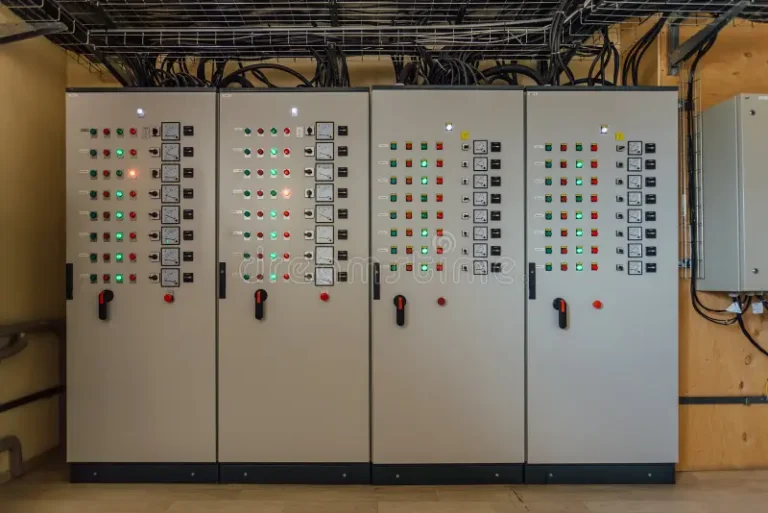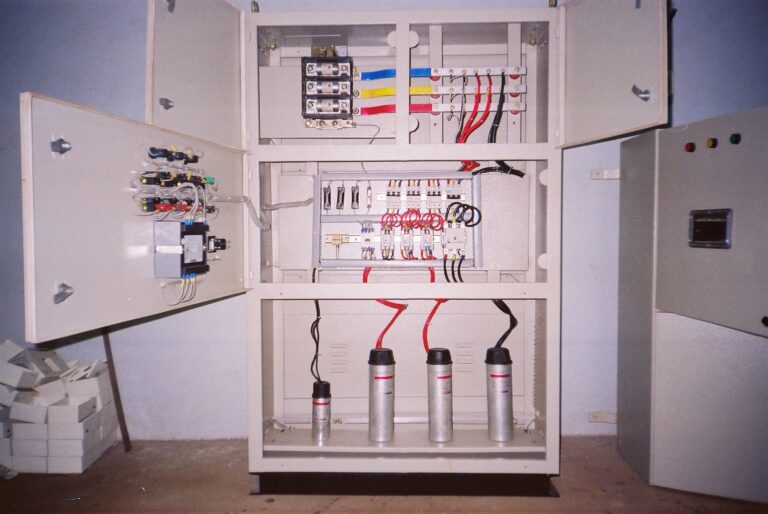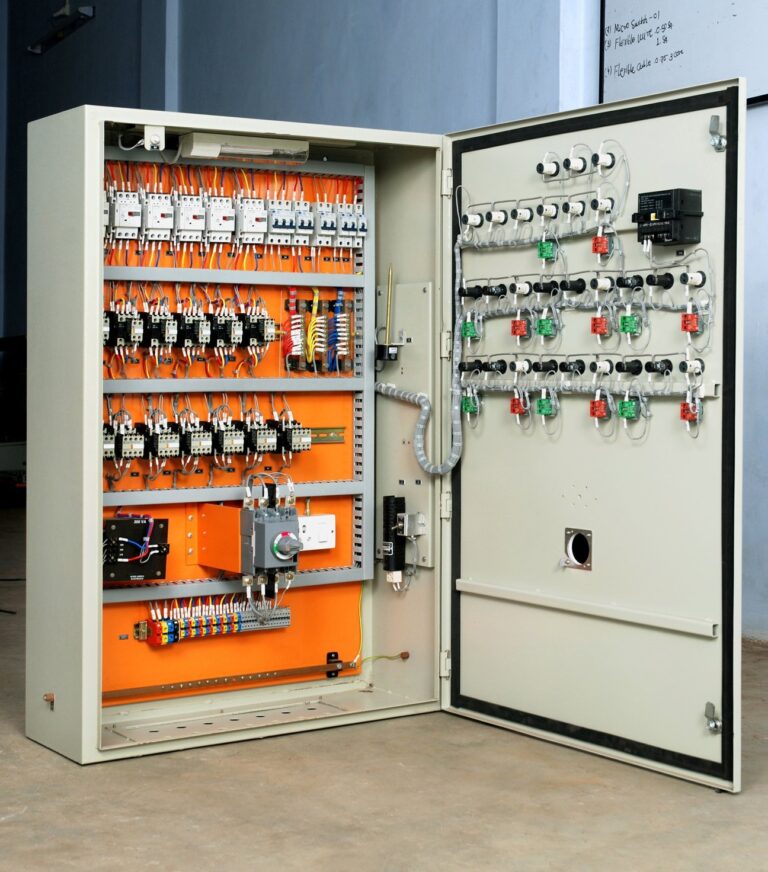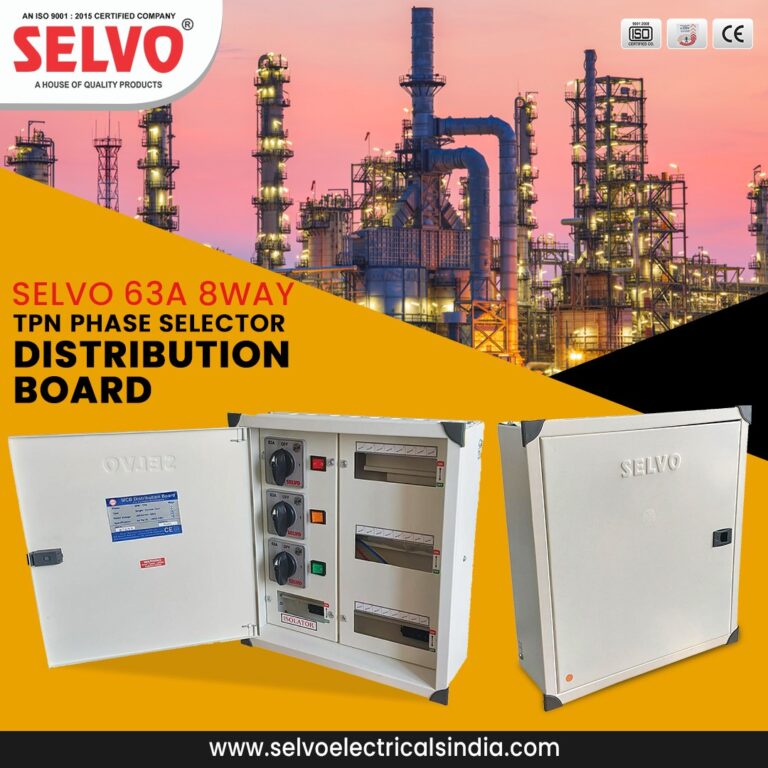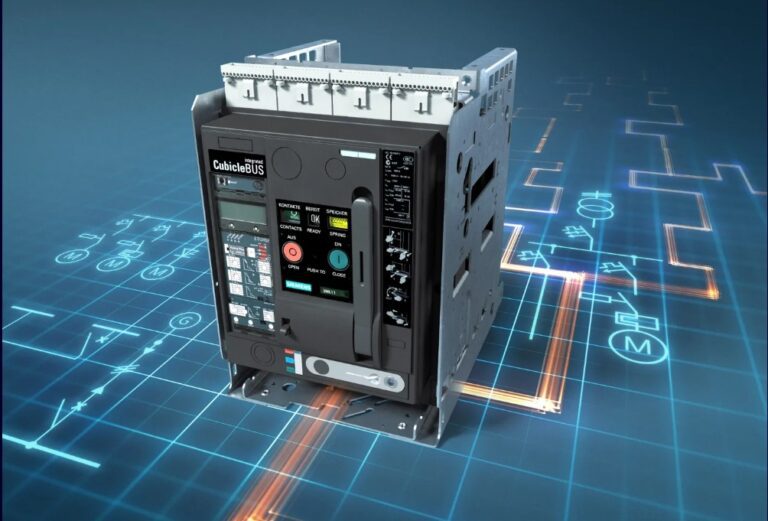The Hidden Power of PCC Panels: Elevate Plant Efficiency Like Never Before
In modern manufacturing plants, efficiency isn’t just a goal—it’s a necessity. To remain competitive in today’s fast-paced industrial landscape, plants must optimize energy usage, minimize downtime, and ensure safe, reliable operations. One of the most critical components supporting this efficiency is the PCC (Power Control Center) panel. These panels play a central role in managing and distributing electrical power across complex systems, making them indispensable in manufacturing environments.

What Is a PCC Panel?
A PCC panel is an electrical distribution board that manages and controls the power supply in large industrial facilities. It is designed to handle high-voltage electrical loads, ensuring the safe and efficient operation of motors, equipment, and other heavy machinery. PCC panels typically consist of circuit breakers, relays, switches, busbars, meters, and protective devices—all enclosed in a robust cabinet.
While they may seem like just another part of the electrical infrastructure, their impact on operational efficiency is profound.
1. Centralized Power Distribution by PCC Panels
One of the biggest advantages of using a PCC panel is its ability to centralize power control. Instead of managing multiple power sources or scattered switchboards, plant operators can control the entire power supply from a single point. This reduces the complexity of the electrical system, improves system manageability, and simplifies troubleshooting, leading to faster response times during faults or maintenance.
2. Improved Load Management
PCC panels allow for precise control and monitoring of electrical loads across different sections of the plant. By balancing the load effectively, they prevent overloading of circuits and reduce energy wastage. Real-time monitoring tools integrated into PCC panels help operators adjust power usage based on demand, contributing to energy efficiency and cost savings.
3. Enhanced Operational Safety
In manufacturing, safety and efficiency go hand in hand. PCC panels are equipped with protection relays, circuit breakers, and fault indicators that safeguard equipment from overloads, short circuits, and electrical faults. Automated safety features reduce the risk of accidents and equipment damage, helping maintain continuous operations and minimizing downtime.
4. Facilitates Preventive Maintenance
Modern PCC panels often include digital monitoring and diagnostic tools that allow for condition-based maintenance. These systems alert operators to irregularities such as overheating, phase imbalances, or voltage drops—issues that, if unaddressed, can lead to breakdowns. By identifying problems early, maintenance can be performed proactively, reducing unexpected outages and increasing equipment longevity.
5. Scalability and Flexibility
As manufacturing demands grow, so do power requirements. PCC panels offer the flexibility to expand or reconfigure the electrical system without major overhauls. Whether integrating new machinery, increasing production capacity, or incorporating automation systems, PCC panels can be easily upgraded to meet evolving needs—making them a future-proof investment.
6. Integration with Automation and Smart Systems
Many advanced PCC panels are designed to integrate with SCADA (Supervisory Control and Data Acquisition) systems and other plant automation tools. This enables remote monitoring, data logging, and real-time analytics. With actionable data on energy consumption, load profiles, and system performance, manufacturers can optimize workflows and reduce operational inefficiencies.
Conclusion
Power Control Center panels are more than just electrical enclosures—they are critical enablers of efficiency in manufacturing plants. By offering centralized control, improving load management, enhancing safety, and supporting smart technologies, PCC panels help ensure that operations run smoothly, safely, and cost-effectively.
For plant managers looking to improve productivity and reduce downtime, investing in modern, well-designed PCC panels is not just beneficial—it’s essential.


